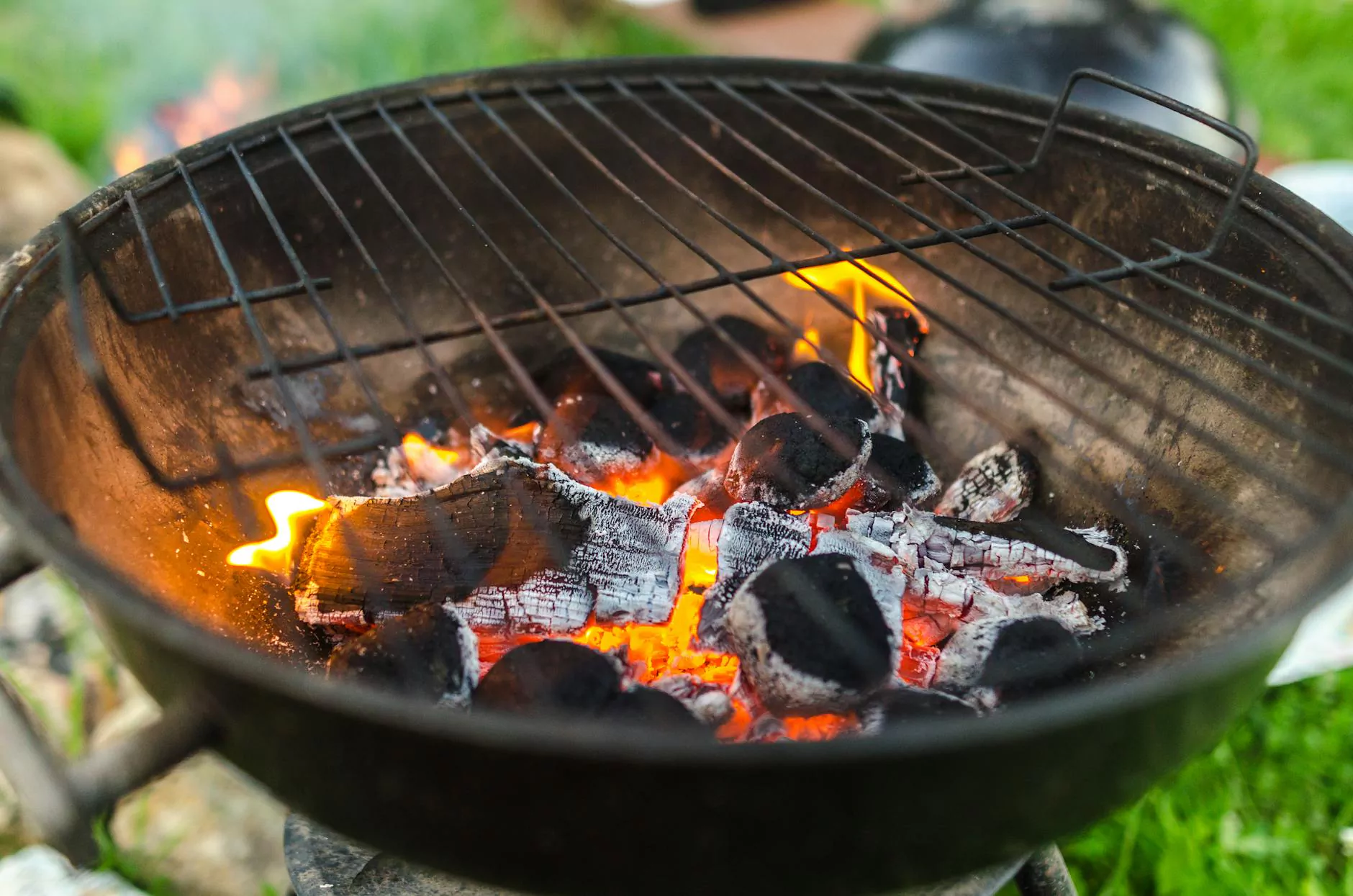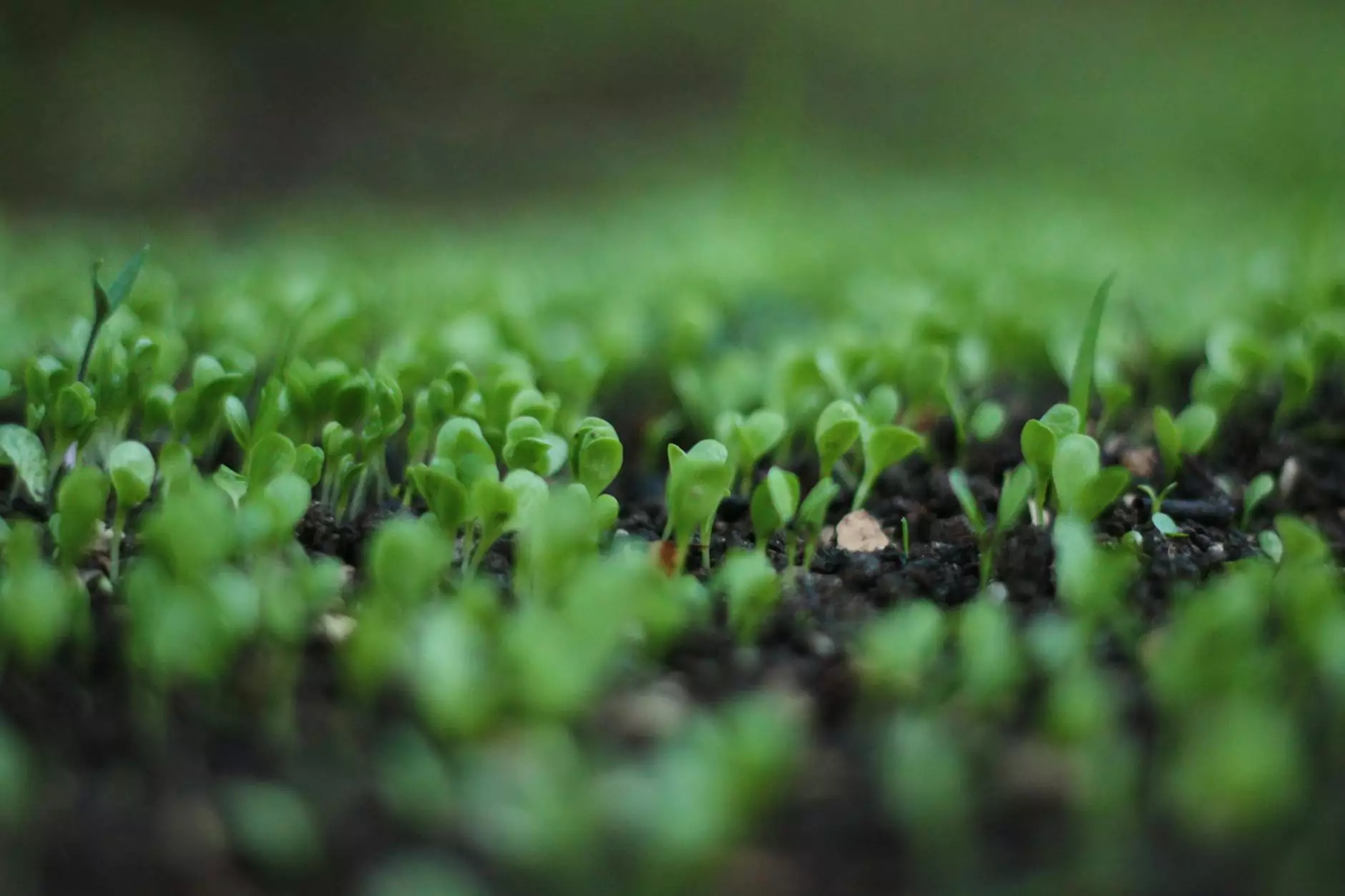Understanding the Benefits of Briquettes for Wood Burning Stoves

What Are Briquettes?
Briquettes are compacted blocks of combustible materials, often made from organic waste such as sawdust, wood chips, or agricultural residues. These compressed fuels provide an efficient and sustainable solution for heating. Their design maximizes heat generation while minimizing smoke output, making them an ideal choice for wood burning stoves.
Why Choose Briquettes for Wood Burning Stoves?
When it comes to heating your home, choosing the right fuel is crucial. Briquettes offer several compelling advantages over traditional firewood:
- Higher Energy Density: Briquettes contain more energy per unit weight compared to regular firewood. This means you will use less fuel to achieve the same heat output.
- Consistency: Briquettes are manufactured to be uniform in size and density, ensuring a consistent burn that is easy to predict and control.
- Lower Moisture Content: Unlike seasoned wood, which can retain moisture, briquettes are produced with low moisture content, leading to more efficient burning and less smoke.
- Sustainability: Many briquettes are made from recycled materials or waste products, contributing to environmental sustainability.
- Less Ash: Briquettes produce less ash than traditional wood, making cleanup easier and reducing waste.
The Composition of Briquettes
Briquettes for wood burning stoves can be made from a variety of materials, including:
- Wood Residue: This includes sawdust, wood shavings, and wood chips, which are often leftover from woodworking processes.
- Agricultural Waste: Corn stalks, sugarcane bagasse, and rice husks can also be processed into biomass briquettes.
- Biomass Blends: Some briquettes combine different biomass sources for optimized burning characteristics.
The specific mixture used can affect the burning temperature and efficiency, so it's important to select briquettes suited to your stove.
Choosing the Right Briquettes for Your Stove
Not all briquettes are created equal. When selecting briquettes for wood burning stoves, consider the following:
- Certifications: Look for briquettes that meet industry standards for quality, such as those endorsed by the Forest Stewardship Council (FSC).
- Type of Stove: Ensure that the briquettes you choose are compatible with your wood burning stove to achieve optimal performance.
- Burning Characteristics: Consider the burn time and heat output; some briquettes provide longer lasting heat than others.
The Burning Process: How Briquettes Work
When you burn briquettes, they ignite easily and create a steady flame. The heat produced from the combustion process is efficient and long-lasting. In a well-ventilated wood burning stove, briquettes can sustain a continuous heat output, providing warmth to your home for extended periods.
Tips for Using Briquettes Effectively:
- Preheat Your Stove: Ensure that your stove is warmed up before adding briquettes for optimal burn efficiency.
- Layering: Layering briquettes properly can help maintain airflow and achieve a more consistent burn.
- Combining Fuels: You may mix briquettes with traditional firewood to take advantage of the benefits of both fuels.
The Environmental Impact of Using Briquettes
In the context of environmental sustainability, briquettes for wood burning stoves represent a smart choice:
- Renewable Resource: Most briquettes are made from renewable materials, reducing dependence on fossil fuels.
- Carbon Neutrality: When burned, the CO2 released is approximately equal to the CO2 absorbed by the plants during their growth.
- Reducing Waste: Utilizing waste products to create briquettes helps in managing agricultural and industrial waste.
By opting for briquettes, you can contribute to a cleaner environment while enjoying the warmth and comfort of a wood burning stove.
Comparing Briquettes to Other Fuel Types
When evaluating your heating options, it's essential to compare briquettes to other common fuel types:
Fuel TypeEnergy DensityMoisture ContentEnvironmental ImpactBriquettesHighLowEco-friendly, made from wasteFirewoodMediumCan be highVariable, depending on sourcingPelletsHighLowEco-friendly, often from by-productsCoalVery HighN/AHigh emissions, non-renewableFAQs About Briquettes for Wood Burning Stoves
Are briquettes better than logs?
Many users find that briquettes burn more efficiently and produce less smoke compared to traditional logs, making them a stronger choice for many wood burning stoves.
How long do briquettes last?
The burn time of briquettes varies by composition and stove type, but they typically last longer than regular wood logs, often providing 3 to 4 hours of steady heat.
Can briquettes be used in open fires?
Briquettes are designed primarily for wood burning stoves and may not perform effectively in open fires, where airflow dynamics differ significantly.
Where can I buy briquettes for wood burning stoves?
Briquettes can be purchased at local hardware stores, garden centers, or specialized suppliers like Stary Timbers, which offers a variety of quality options.
Conclusion: A Stylish and Efficient Heating Solution
In the realm of heating solutions, using briquettes for wood burning stoves stands out as a superior choice for those seeking efficiency, convenience, and sustainability. Their benefits, from higher energy output to lower emissions, should not be overlooked. By choosing briquettes, you are not only enhancing your heating experience but also doing your part in promoting a greener planet.
For more information about high-quality timber and wood supply solutions, visit Stary Timbers.









